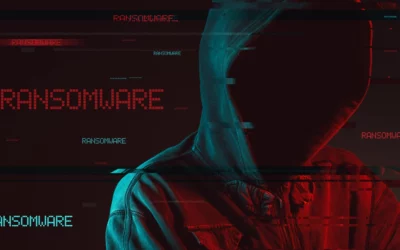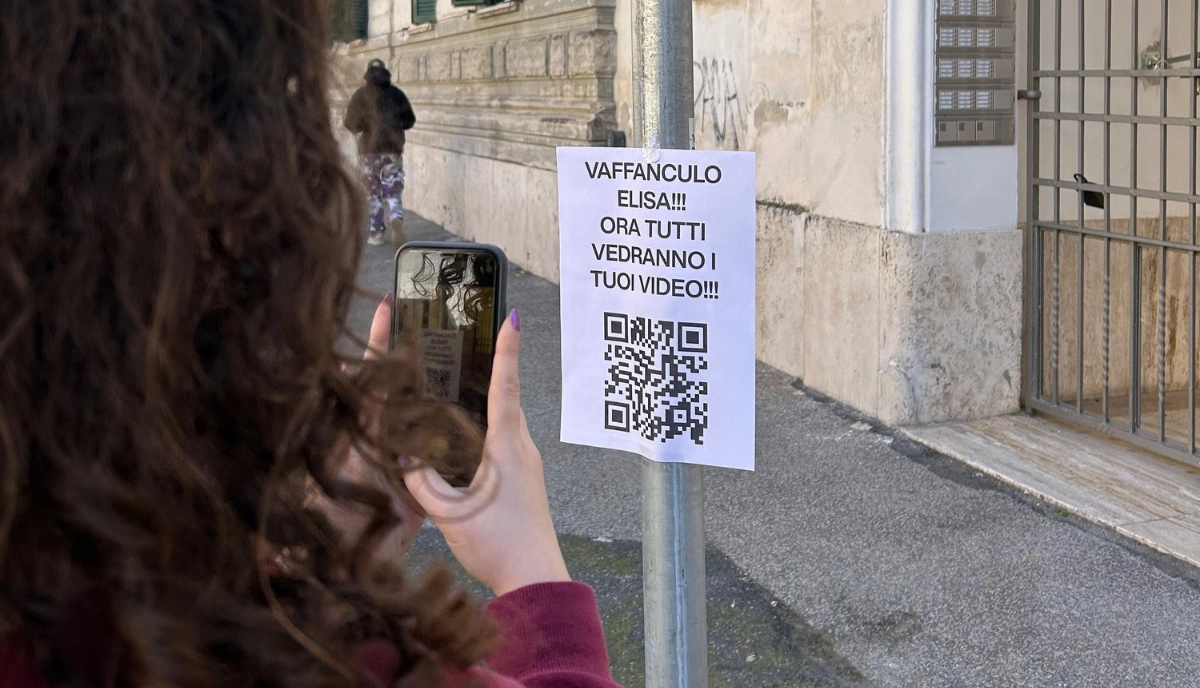For a safer internet, education starts at school
Internet safety is an issue of such importance that it deserves a global day of celebration that falls every year on 7 February. Established in 2004 by the European Commission, Safer internet day is accompanied by a slogan, “Together for a better Internet”,which leaves no doubt about the objective of the event: to join forces to minimise the risks of online navigation and to make the world of the Internet, which will increasingly play a central role in our lives, a safe place, especially for children and young people.
Certainly, the person who wished to establish this day, now about 20 years ago, was a visionary and understood, in a period in which they were not yet suspected, the dangers the whole world was going to encounter.
Today, this event, which is celebrated in 100 countries, undoubtedly represents a great opportunity to take stock of the state of the art and reflect on how all of us can contribute to promoting a conscious approach to the Internet, with the ultimate goal of promoting a better Internet for all.
Over the years, the initiative has become a reference event for all operators in the sector, institutions and civil society organisations.
As for this year’s edition, the main event will be during the morning of 7 February, via streaming on the social media channels of the Ministry of Education and on the portal www.generazioniconnesse.it, starting at 9:30 in the morning. The event will also be broadcast on the State Police website and YouTube channel.
In fact, there will also be the State Police Department, which will take part in the event and will project, as part of the #cuoriconnessi project, videos and testimonies of people involved in various instances of scams and online abuse.
This year, more than 4,000 secondary schools from all over Italy will participate in the live streaming, as well as more than 200,000 students, who will be the real stars of the initiative and who will speak about their relationship with technology and the web.
Furthermore, this year, as in previous years, research was presented on the occasion of the day, this time by Telefono Azzurro and Doxa Kids, entitled Between reality and the metaverse: Teenagers and parents in the digital world,which examined young people’s perceptions and fears of the digital world.
The research, conducted on a sample of 804 parents and 815 young people between the ages of 12 and 18, highlights an increase in concerns by both adults and adolescents, who also admit that they do not know exactly how to avoid or report dangers.
“65% of the teenagers interviewed are afraid of being contacted by adult strangers (a percentage that rises to 70% if only girls and children aged 12 to 14 are considered). This is followed by bullying (57%), overexposure of personal data (54%), viewing violent content (53%) or sexually explicit content (45%), and sending content one might regret (36%), the report shows.
This also highlights how almost one in two boys has come across inappropriate content: the most common is violent content (68%), followed by pornographic content (59%) and sexually explicit content (59%), with discriminatory and racist content (48%), content concerning suicide and self-harm (40%) or promoting anorexia and bulimia (30%).
According to the study, more than 70% of teenagers say they fear using shared data to play online games or surf the web. At the same time, however, 27% of young people surveyed report feeling anxious or agitated without using social media (22% would even feel lost). More than half of the teenagers interviewed (53%) admitted to being envious of others’ lives, or feeling inadequate (21%).
All reasons that have prompted the teenagers themselves to express the desire that the age of access to social networks (age verification) be established at 15 instead of 14, as it is today.
In any case, all these fears do not seem to discourage the use of the internet and, above all, do not seem to affect the time that young people spend online.
According to research, in fact, 50% of 12- to 18-year-olds spend two to three hours a day on social media and chatting. This is up since 2018, when the figure was 43%.
14% of those interviewed spend four to six hours a day on social media and chat, 4% more than six hours a day and 3% are always connected.
The differences are mainly related to age, if 23% of 12– 14-year-olds are online one hour a day, 15– 18-year-olds are online from four to six hours a day. Additionally, 35% of teenagers say they stay up late at night and have trouble sleeping due to the time they spend online. Smartphones are the most widely used device, specifically by 93% of the interviewees.
“When it comes to the internet and minors, thinking about banning is not realistic,” says Carla Garlatti, Italian Guarantor for Children and Adolescents. – Making the internet safe means ensuring that children have a valuable resource. “At the regulatory level, for example, it is necessary to introduce a kind of Spid for minors to verify the age of access to apps and social networks, and it is necessary to curb, also through co-regulation with providers, the online overexposure of minors”. And she concludes with a warning to adults, who are often a model for young people, “who sometimes can be guilty of contradictory behaviours, such as prohibiting mobile phone use at the table or in class, while at the same time, they themselves use them in the same contexts.”
Regardless of the data presented, the initiative remains an important moment to reflect on the ever-increasing risks of online browsing and to remember that, net of all the necessary technological precautions, the best protection to avoid unpleasant surprises is a growing awareness that must keep pace with the times and with the evolution of risk, which is becoming increasingly devious and aggressive. In fact, the main factor of exposure to danger remains distraction and human error.
The day also opens the 7th edition of the Online Security Month promoted by the Ministry of Education and Merit and by the Italian safer internet centre, Generazioni Connesse, which provides, throughout the month of February, various activities for dissemination of the principles of positive use of the web and technological tools by schools throughout Italy.




